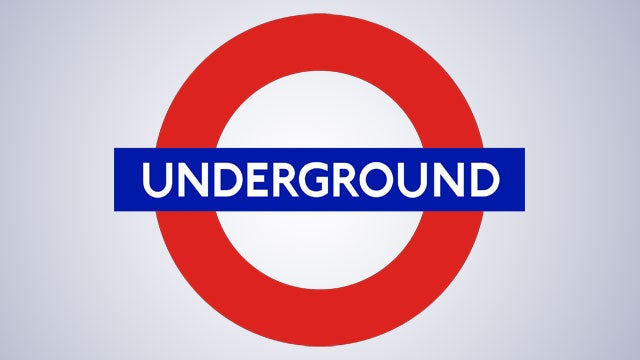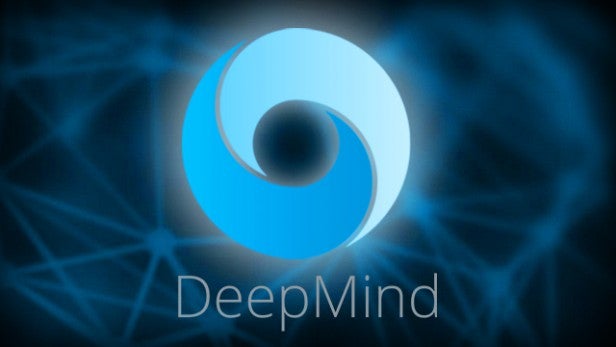Google’s DeepMind AI just learned how to navigate the London Underground

The past month has seen several artificial intelligence developments, from Google, Microsoft, and Facebook’s new Partnership on Artificial Intelligence, to a report from a committee of MPs warning the UK government it is unprepared for the AI revolution.
And now, Google’s DeepMind division, known for creating the AI that managed to beat a Go world champion earlier this year, has added to that list.
The division’s AI system has learned to navigate the London Underground by combining an external memory with deep-learning, whereby the program learns to carry out tasks by itself without the input of human-programmed rules.
It’s this approach which makes the development notable, as many programs are already capable of identifying routes on maps.
Related: What is Google DeepMind?

The added external memory enabled the system to store important pieces of information and access them when required, in much the same way as humans use a short-term memory repository to carry out complex tasks that involve numerous steps.
Using this method, the AI was able to identify the quickest route between Underground stops as well as where it would be if it travelled a certain number of stops in a specific direction from a particular station.
The study will be published in the journal Nature, with the authors of the paper explaining: “Like a conventional computer, it can use its memory to represent and manipulate complex data structures, but, like a neural network, it can learn to do so from data”.
Alex Graves, the research scientist at who led the work, told The Guardian: “I’m wary of saying now we have a machine that can reason.
The team also carried out another task which involved providing the system with details of a family tree and asking it to identify how a particular person was related to another.
DeepMind’s achievement means it will be easier to apply deep learning to more complicated tasks in the future – tasks that were previously thought to be too difficult for such a system.
Watch The Refresh: The best tech gossip and reviews every week
Let us know your thoughts on AI in the comments.

